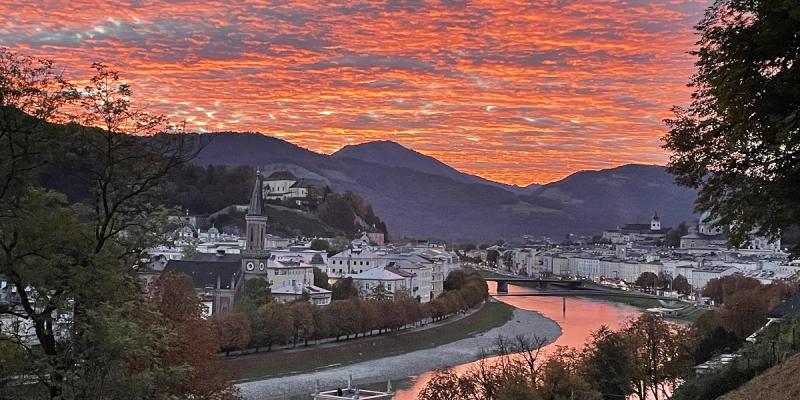
RDA plenary meeting 2024 was hosted by the University of Costa Rica in November. Read a travel blog from the 23rd Plenary Meeting.
Greetings from the 23rd RDA Plenary Meeting! The Sustainable Science-themed plenary meeting was held in San José, Costa Rica and hosted by the University of Costa Rica in November 2024. The instructions to prepare for rainy weather were not in vain, as the end of the rainy season showed its full force in the region! As a novice in data management, a first-year data steward at the University of Oulu with a research background in architecture and biochemistry, I was in for a very different meeting experience from a typical research conference!
The yearly hybrid RDA Plenary Meeting is only one of the ways the members share and develop their ideas concerning research data management. The meeting sessions consist of Birds of a Feather sessions for new ideas, Interest Groups for long-term development and Working Groups for more structured work in research data management-related issues. In between gatherings in the same city from all over the globe, the fully virtual Plenary Meeting and separate group meetings advance the development of data management throughout the year. These ongoing collaborations created a unique atmosphere in between and during the plenary sessions!
The Plenary Meeting was kicked off with a presentation from the founder of Figshare, Mark Hahnel, who pointed out the significance of open science through this year’s shared Nobel Prize in Chemistry: The prize-winning work was grounded on openly available data of solved 3D-protein structures – an outcome of research that requires the tedious process of protein X-ray crystallography, one protein at a time. However, using the available knowledge on protein folding and solved structures, Demis Hassabis and John Jumper harnessed the power of artificial intelligence to predict the structure of other known proteins. David Baker took a step forward by computing structures of entirely new proteins. Without shared open science data, these advantages would have been impossible. Now, the possibilities of these tools for science and medicine are exciting!
Even though in biosciences, open science practices are a long-standing tradition, this is not as common in all research disciplines. After switching from biochemistry to architectural design research and working in multidisciplinary research teams, I have learned firsthand how not all data and information are open, nor do they always fit in the available boxes of open science. Therefore, I was drawn by the Birds of a Feather Session concerning the outputs of practice research. These outputs range, for example, from artistic efforts to understanding user-needs through participatory methods, e.g. in urban planning or work practices. Moreover, these outcomes rarely fit the Excel or Word formats but may influence the decisions that are being made concerning our environment in practice. Hence, this area of data production requires more understanding of how the origin and contextualisation of data and outputs are documented and how repositories need to be developed to support finding and sharing more creative outputs. This is definitely a theme I wish to continue working on!
During a keynote session, the discussion acknowledged the lack of researchers’ time and resources for open science practices. This, as argued, could be compensated by hiring more data experts in the organisations, such as data stewards. But who and what are the data stewards? This was discussed in a Working Group session concerning data steward career tracks. It turns out that data stewards have multiple personas, backgrounds, and roles. These range from professional data management backgrounds to data stewards like me, jumping in from the research as a part-time data steward. While understanding the role itself is important, it is also essential that people who end up developing open science practices come from diverse backgrounds. Moreover, throughout the plenary meeting, I hoped that my research colleagues would be there to see the opportunities that open science provides and the ways of doing research, especially when handling and documenting the produced or collected data through CARE principles.
I thank EOSC Finnish Forum and CSC for granting me the travel funds to participate in the RDA plenary meeting in such an exotic location! Attending the conference was an interesting opportunity to see how data management and open science practices are developed. Instead of “What have we done?” the meeting was about “What are we doing?” and “Hey, come join the group!”
Written by Piia Markkanen, University of Oulu
Read more
Photo: Adobe Stock


